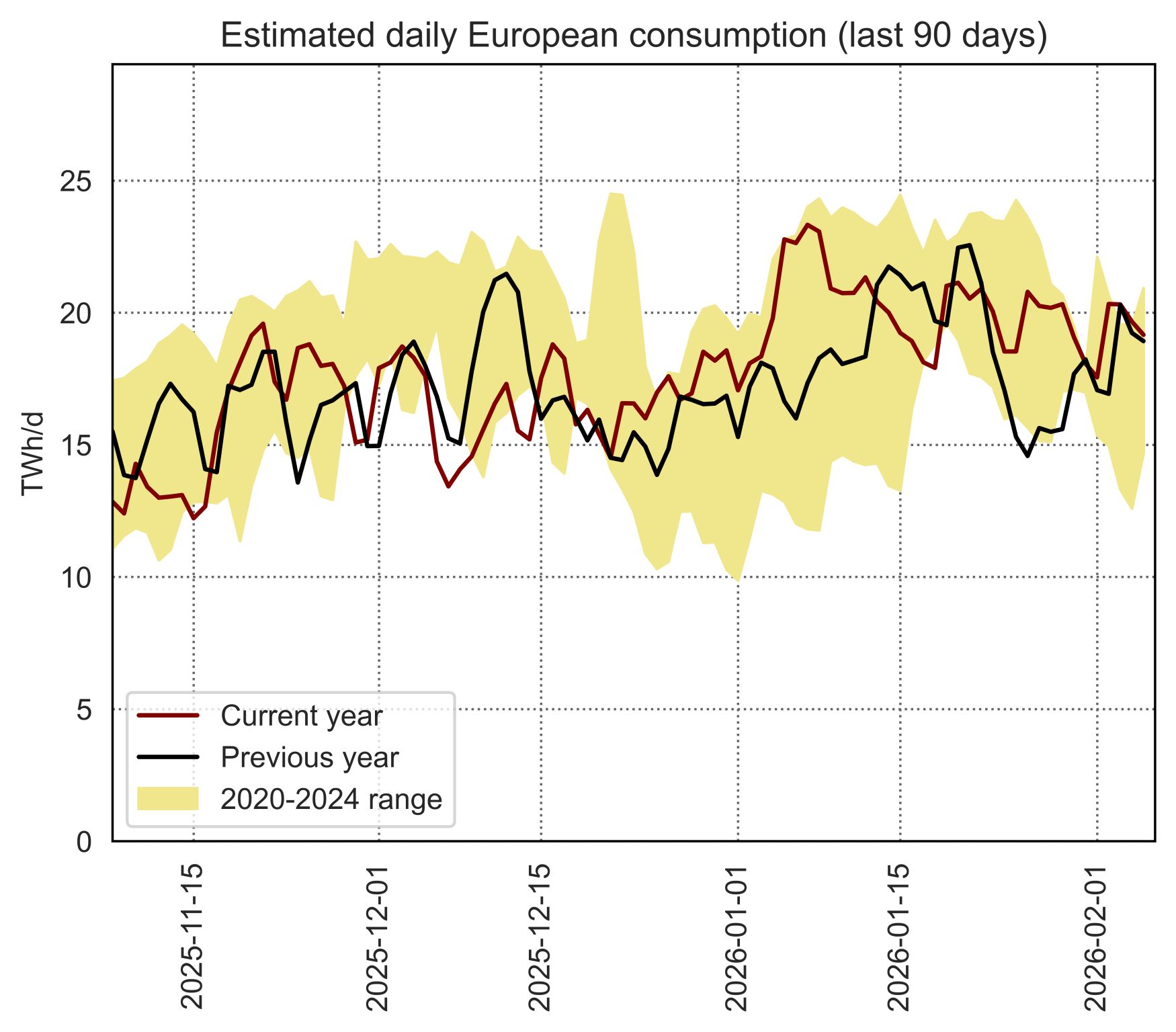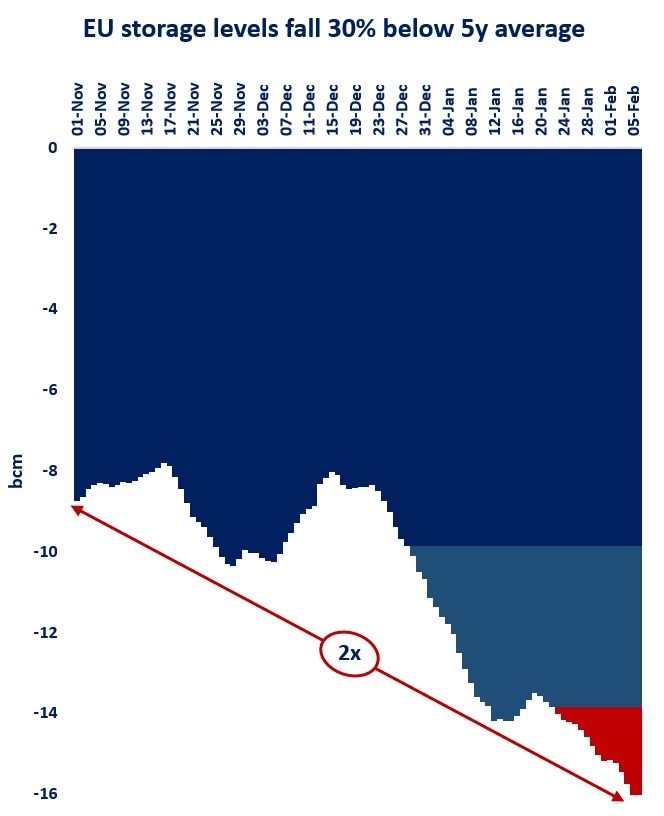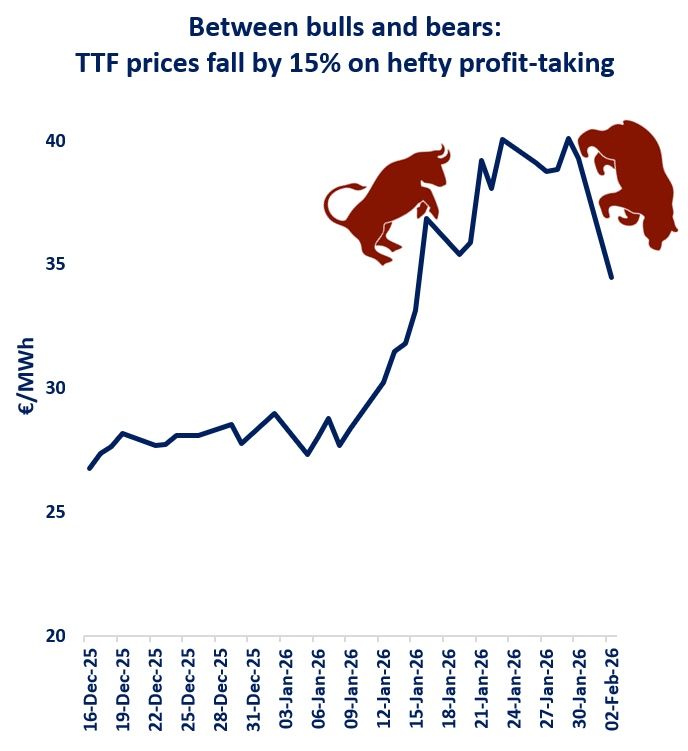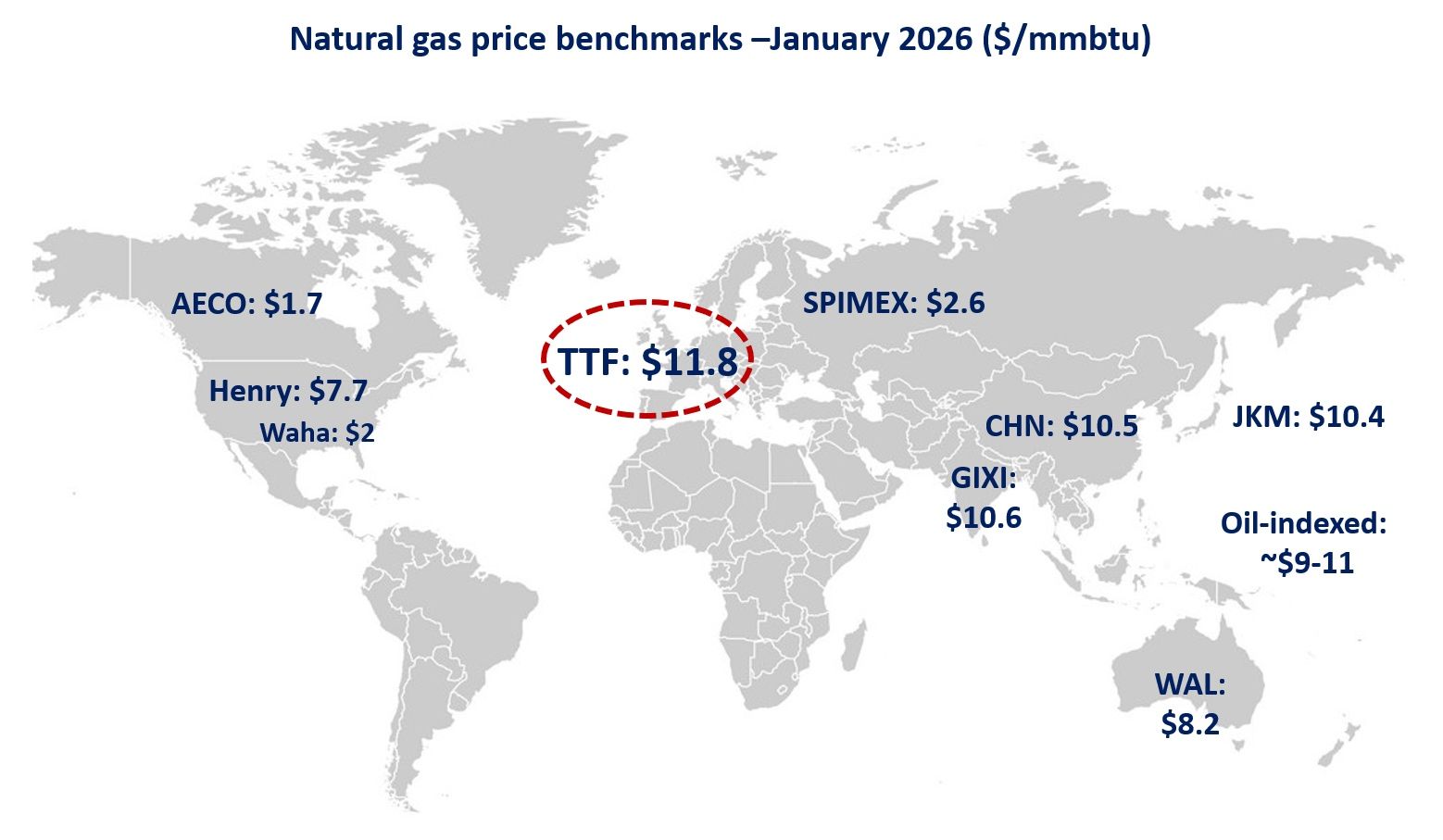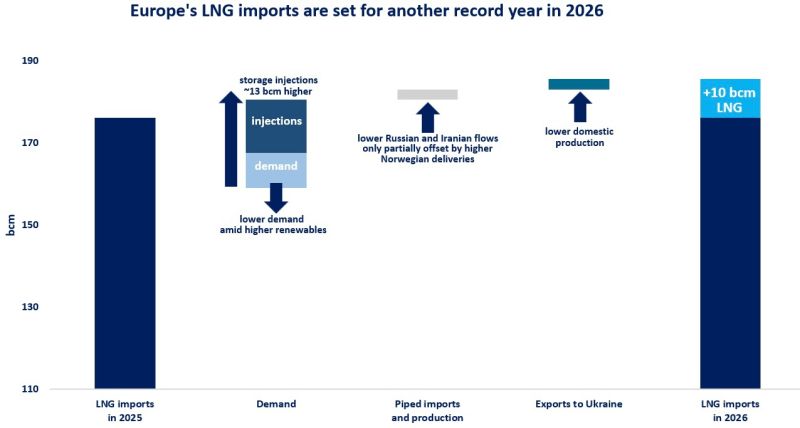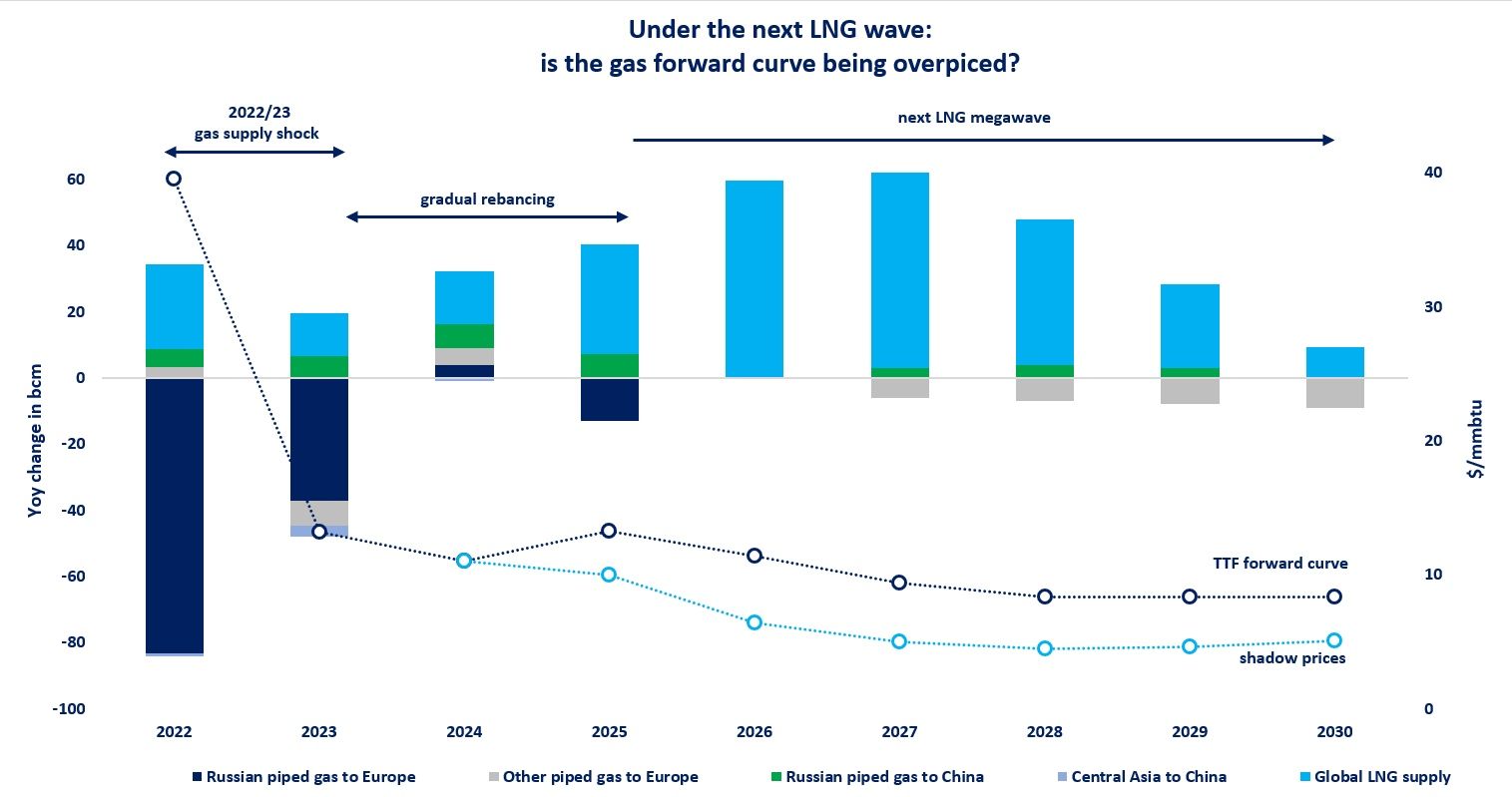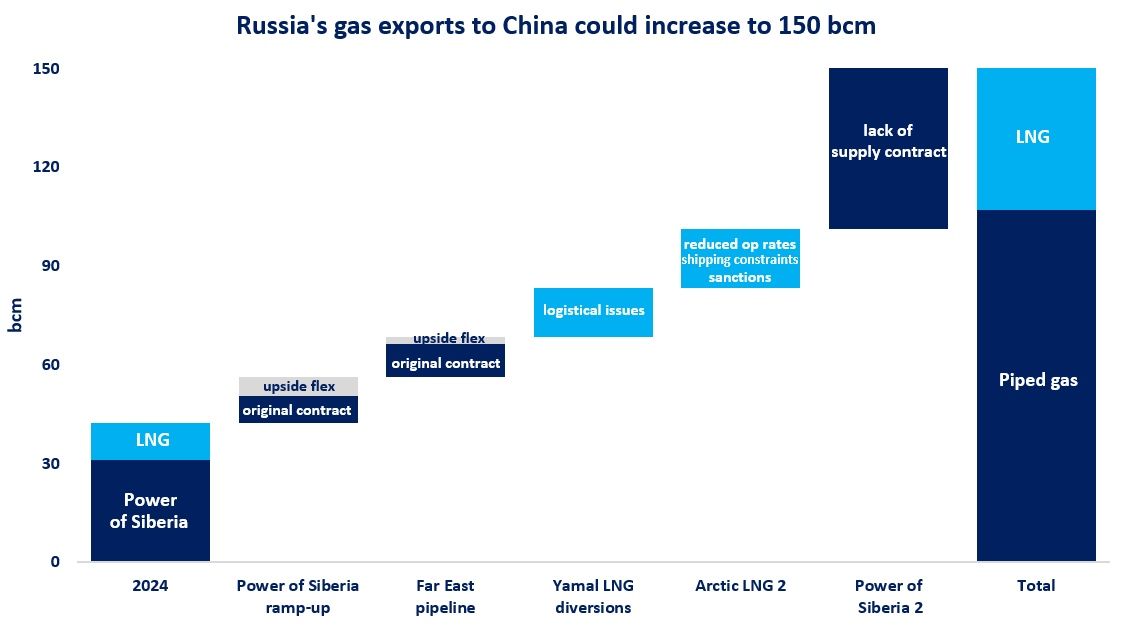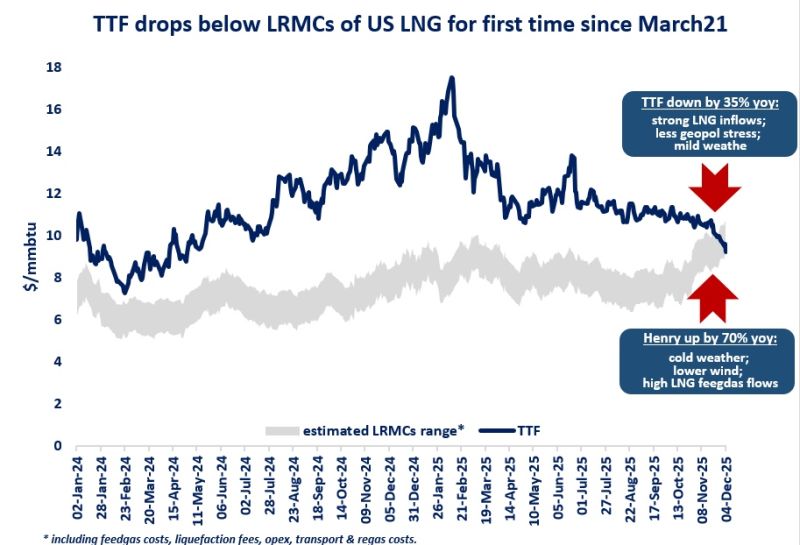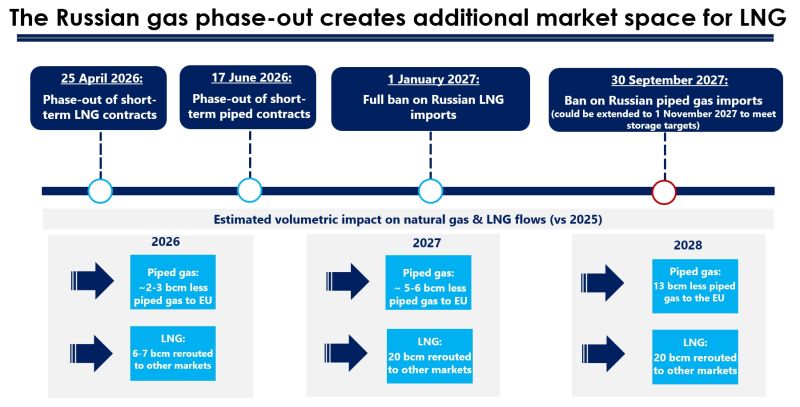

In a letter dated 12 April 2019, Nord Stream 2 AG, a Swiss company owned by Russian Gazprom, informed the European Union (EU) that it is considering initiating investment dispute proceedings against the EU under the Energy Charter Treaty (ECT).
In this notification, the investor indicated its wish to explore opportunities for an amicable settlement as provided for in Article 26(1) of the ECT – so that the parties explain their positions, negotiate and attempt to avoid a full-fledged investment dispute. On expiry of the mandatory three-month period for negotiations, the investor can initiate a claim against the EU. If this step is taken it would be the first time that a foreign investor has initiated an investment dispute against the EU itself as a party to the ECT.
This letter does not come as a surprise to those that have been following the ongoing Nord Stream 2 case. The notification makes reference to discriminatory treatment of Nord Stream 2 as an investment under the ECT. In addition, it would appear that the treatment of Nord Stream 2 by the EU and its Commission violates the fair and equitable treatment standard – a cornerstone of investor protection under the ECT. This standard seeks to ensure stable and predictable investment conditions, which includes protection of legitimate expectations and protection from retroactive changes to laws.
The triggering event for a potential ECT claim is a new amendment to the EU Gas Market Directive of 2009. This amendment extends the applicability of the EU gas market rules to external or ‘import’ pipelines that bring natural gas into the EU. Under the new rules, the applicability of the Gas Market Directive and all the other instruments of EU energy law, including network codes for gas, is extended to the territorial sea of the Member State where the first interconnection point is located. In practice this means that EU energy law applies to the Nord Stream 2 gas pipeline from the moment it enters German territorial waters. This will have negative economic consequences for the investor.
Although the principle of the extension of the EU gas market rules to import pipelines may not itself be discriminatory, the terms of the legislative amendment appear to constitute unfair and unequitable treatment under the ECT. The amendment is drafted in such a way that all existing pipelines can enjoy a derogation from EU gas market rules under the new Article 49a of the Gas Market Directive. This derogation is however available for pipelines that are ‘completed before the date of entry into force of this Directive’. The discriminatory treatment of Nord Stream 2 follows from the fact that it is the only import pipeline where the final investment decision has been made and significant capital committed, and so cannot benefit from the derogation.
This is not an accidental outcome. It has been clear from an early stage that the only reason for the amendment to the current gas market rules is to target the Nord Stream 2 project. The various positions taken by EU and its Commission have been highly controversial . First, the Commission claimed that EU energy law already applied to offshore pipelines such as Nord Stream 2 even although it had never applied the gas market rules to such pipelines – including Nord Stream1. Once this claim was refuted by its own legal services, the Commission maintained that an intergovernmental agreement between EU and Russia was a legal necessity for the construction of Nord Stream 2, and the EU had the exclusive competence to draw this up. This time the Council legal service shot down these claims and as a reaction, the Commission proposed the urgent enactment of the new amendment. It is no surprise that the outcome is that these new rules are retrospectively applied to one single project: Nord Stream 2.
A clear intention to discriminate against Nord Stream 2 goes a long way towards explaining why projects involving coal, the dirtiest fossil fuel, are protected from negative economic consequences arising from the new capacity mechanism rules introduced in the Electricity Market Regulation 2019. Commitments or contracts for coal fired capacity signed before the entry into force of the Directive are ‘grandfathered’. However, the new gas market rules apply to projects that have not been completed, irrespective of the date at which the final investment decision was made. The objective in both sets of rules is to protect investments but with important differences: for coal, ongoing arrangements and investments are covered by a derogation; while for gas, ongoing investments are not. Arguably, the timing of the final investment decision would have been just as a fair and practical cut-off point for gas pipelines.
If the case continues beyond the current negotiations, it will be another important precedent for EU energy policy. The EU Energy Package case initiated by Russia in the WTO context raised certain concerns over discrimination against Russian natural gas. Given the peculiar treatment of Nord Stream 2 by the EU, such a claim would necessarily also pose questions as to the EU’s adherence to the rule of law.
Kim Talus, James McCulloch Chair in Energy Law and Director, Tulane Center for Energy Law, Tulane Law School; Professor of European Energy Law, UEF Law School; Professor of Energy Law, University of Helsinki. The author has provided legal advice to Nord Stream 2 AG.
Leigh Hancher, Professor of European Law, Tilburg; Part time Professor of EU Energy Law, Florence School of Regulation, European University Institute
This article was first published in www.euractiv.com (on 29.5.2019)

